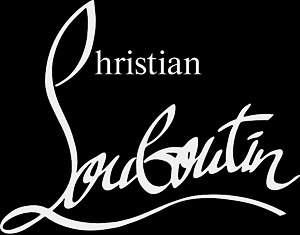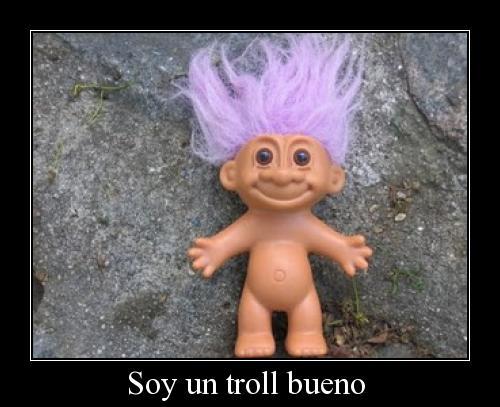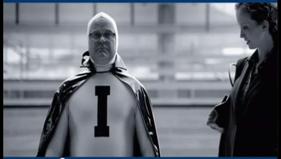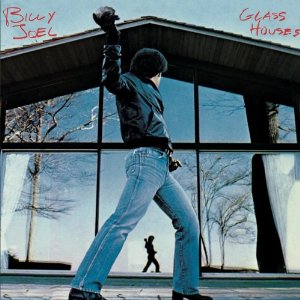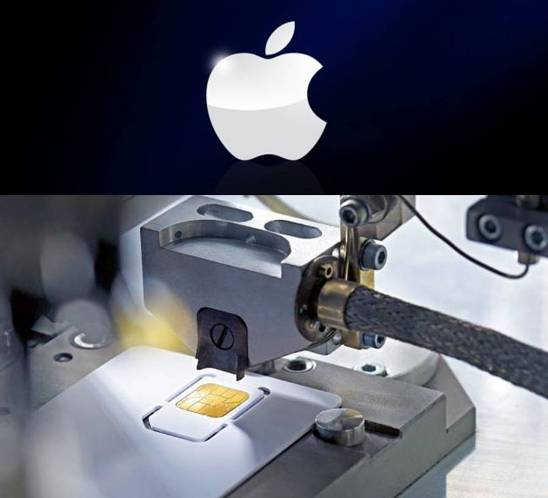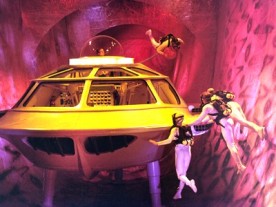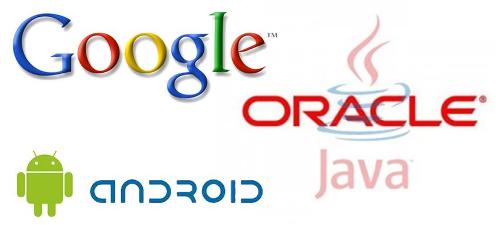 In the aftermath of the copyright and patent litigation meltdown for Oracle, business thinkers and IP strategists alike are abuzz over the implications on IP management of the recent infringement decision in favor of Google over use of Java code in Android.
In the aftermath of the copyright and patent litigation meltdown for Oracle, business thinkers and IP strategists alike are abuzz over the implications on IP management of the recent infringement decision in favor of Google over use of Java code in Android.
What started out as a $6 billion mega-lawsuit had dwindled down to a minor legal action worth a few million dollars in damages, albeit while both sides licked their wounds, and expended huge legal fees. To cut the story short, the jury in Oracle’s lawsuit against Google had previously found in the patent-litigation part of the suit that Google did not infringe on Oracle patents; however, the issue of copyright infringement of nine lines of computer code was still unsettled.
Central to the copyright-infringement claim was whether an API (application programming interface) is copyrightable. According to copyright law, protection is afforded only to works of creative expression, devoid of any functionality. Applying such a standard to APIs by arguing that they are forms of creative expression stretches the meaning envisioned by the courts a bit too far.
Electronic Frontier Foundation attorney Julie Samuels commented on the implication copyrightable APIs would have on the software industry.
APIs are ubiquitous and fundamental to all kinds of program development. It is safe to say that all software developers use APIs to make their software work with other software. Allowing a party to assert control over APIs means that a party can determine who can make compatible and interoperable software, an idea that is anathema to those who create the software we rely on everyday.
In handing down the verdict of non-infringement, Judge William Alsup has ruled in the Oracle case that such APIs are not copyrightable in a lengthy decision which iterates the highlighted points above. What is interesting to consider in the context of IP strategy is the implication this has on the “stickiness” of an open-source GPL (general public license) for downstream users of OS code.
We have discussed the origins and motivations of the GPL previously in the context of Twitter’s new Innovator’s Patent Agreement. In light of the Oracle decision, some of the assumptions on contract reach-through for GPLs may turn out to be nothing more than wishful thinking for advocates of the copyleft movement.
Always uncompromisingly blunt, Greg Aharonian, owner of the Internet Patent News Service and self-proclaimed “Patent Buster” extraordinaire, recently said in an issue of his PATNEWS that:
… as everything about software becomes patentable – nothing is left to be copyrightable …
Together with the jury ruling that Google didn’t infringe the patent, Oracle ends up with nothing, and shouldn’t be awarded any monies for Google using the extremely uncopyrightable 9-line rangeCheck. From expecting billions in infringement penalties, to losing money after attorneys’ fees, this case has been a disaster for Oracle.
BAD NEWS FOR GPL – And it will prove to be a bigger disaster to the open source world.
Most GPL-like licenses idiotically rely on copyright. Open source GPL was supposed to be this nasty, viral disease – you add some code to an open source project, you have to give away your code for free.
Open source uses copyright to force you to give your code away.
But the open question is this – if you write some new source code, and only link (statically or dynamically) existing open source packages using APIs, do you have to release your new code? Many (intelligent) people said NO, while hack copyright lawyers said that use of the copyrighted APIs invokes the viral nature of GPL-like licenses on your new code.
Judge Alsup’s decision kills this form of linkage, allowing anyone to add-on to existing open source systems without having to be release (sic) the new code to the public. What IBM has long known in promoting open source (so it could reap the maintenance contracts) is not confirmed – the open source APIs, crucial to invoking linkage, are not copyrightable. Someone rewrite the judge’s decision in crayons for Larry Rosen (a copyright lawyer who has never read 17 USC 102b).
Indeed, open source developers should run all of their code through Judge Alsup’s decision. They will be surprised to see how little is left to be protected.
Anyway, Judge Alsup’s well-reasonsed (sic) decision is bad news for many circles in the idiotic world of software copyright.




